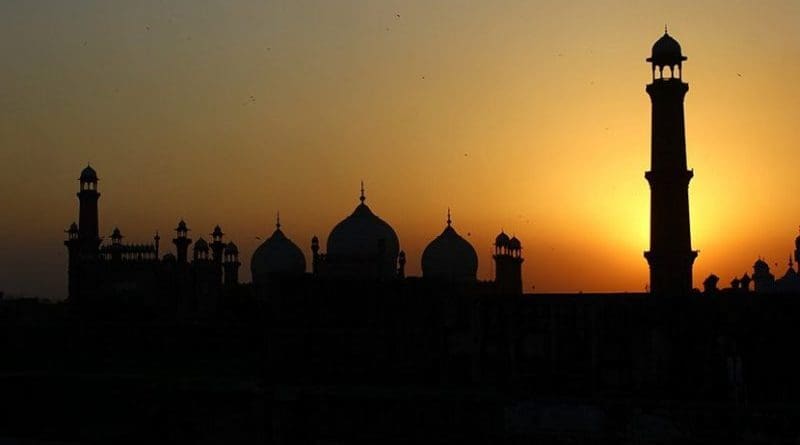US Blacklists Pakistan For Religious Freedoms, Says Uzbekistan Improving
By RFE RL
(RFE/RL) — The United States has placed Pakistan on its blacklist of countries that violate religious freedom, a move likely to further worsen troubled relations with Islamabad.
The State Department’s annual report on religious freedom, released December 11, removed for the first time since 2006 Uzbekistan as a “Country of Particular Concern,” something that had irked the government in Tashkent.
However, the State Department did, however, include Uzbekistan on a special Watch List. That designation included Russia, where the department said dozens of religious groups have been targeted including Jehovah’s Witnesses, Baptists, Lutherans, and others, since a 2016 law was passed criminalizing certain kinds of missionary activity.
Washington has issued an annual ranking of countries and their treatment of religious groups annually since the passage of a 1998 law on the issue. Being ranked low, or placed on a watch list, can result in economic sanctions.
Secretary of State Mike Pompeo said he listed Pakistan among “countries of particular concern” in the congressionally mandated annual report.
The downgrade means that Islamabad could face U.S. sanctions although Pompeo waived the penalties, as has been done for other countries in the past.
In Pakistan, where the dominant religious is Sunni Islam, human rights groups have long expressed concern about the treatment of religious minorities, including Shi’ites, Ahmadis and Christians.
Others on the “Country of Particular Concern” blacklist, which singles out “systematic, ongoing and egregious violations of religious freedom,” included China, Eritrea, Iran, Myanmar, North Korea, Sudan, Saudi Arabia, Tajikistan, and Turkmenistan.
Uzbekistan, meanwhile, was removed from that designation– for the first time since 2006, Ambassador at Large for International Religious Freedom Sam Brownback told reporters.
That designation had long irked the governments in Tashkent. Under the late President Islam Karimov, independent religious expression, particularly by devout Muslims who shunned officially sanctioned mosques, was harshly repressed.
Since Karimov’s death in 2016, the Uzbek government under President Shavkhat Mirziyoev has sought to lift many of Karimov’s more repressive policies and attract investment from Western nations.
Several Islamic militant groups have also been designated as “entities of particular concern” since they do not meet the definition of countries.
They include the Al-Nusra front in Syria, Al-Qaeda, the Yemen-based Al-Qaeda in the Arabian Peninsula, Somalia’s Al-Shabab, Boko Haram in West Africa, Yemen’s Houthi rebels, the Islamic State and the Taliban.
“In far too many places across the globe, individuals continue to face harassment, arrests, or even death for simply living their lives in accordance with their beliefs,” Pompeo said.
“The United States will not stand by as spectators in the face of such oppression.”

